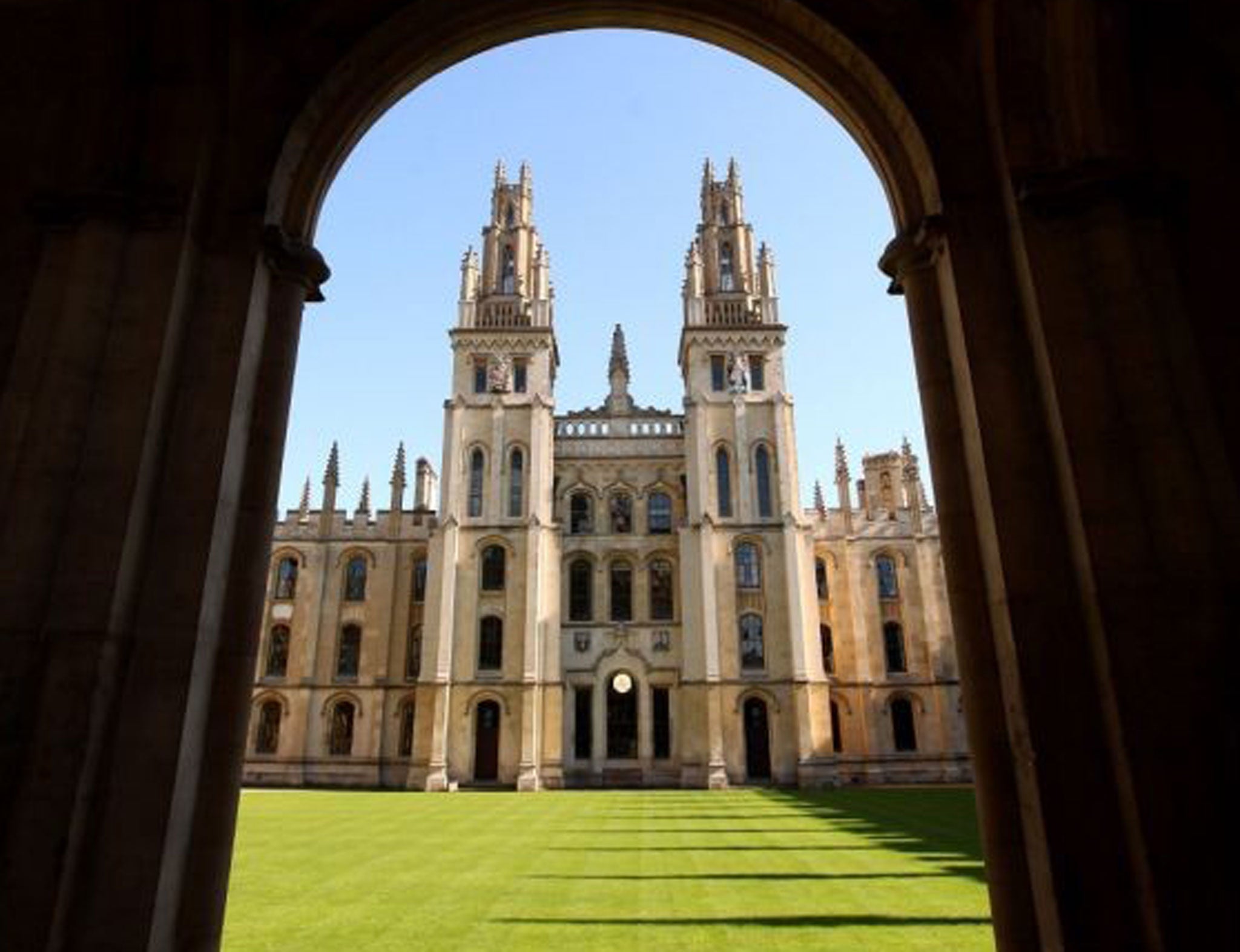University bosses net almost £250,000 on average
Oxford's vice-chancellor is top earner, taking home £424,000 a year

Your support helps us to tell the story
From reproductive rights to climate change to Big Tech, The Independent is on the ground when the story is developing. Whether it's investigating the financials of Elon Musk's pro-Trump PAC or producing our latest documentary, 'The A Word', which shines a light on the American women fighting for reproductive rights, we know how important it is to parse out the facts from the messaging.
At such a critical moment in US history, we need reporters on the ground. Your donation allows us to keep sending journalists to speak to both sides of the story.
The Independent is trusted by Americans across the entire political spectrum. And unlike many other quality news outlets, we choose not to lock Americans out of our reporting and analysis with paywalls. We believe quality journalism should be available to everyone, paid for by those who can afford it.
Your support makes all the difference.The average university vice-chancellor is now earning almost £250,000 a year, according to a survey out today.
The findings have fuelled a row with university lecturers’ leaders claiming the rising pay level “looks very much like one rule for those at the top and one for everyone”.
Figures published by Times Higher Education magazine show that the average pay and benefits package for a vice-chancellor is now £247,428 a year.
The highest paid vice-chancellor, it says, is Andrew Hamilton at Oxford University who gets £424,000 a year. Also earning over £400,000 is David Eastwood (£406,000) at Birmingham University.
The university pay league table also throws up some anomalies, though, with Cambridge University’s Sir Leszek Boryiewicz earning £271,000 – less than Professor Les Ebdon, now heading the Office for Fair Access, earned in his last year at Bedfordshire University (£280,000 a year).
The findings are complicated because of changes to the rules governing employers’ pension contributions. Many universities have cut their pension contributions to their vice-chancellor because they face paying more tax on them – and handed out pay rises instead.
If pensions are removed from the equation, the average rise is £7,000 (2.7 per cent) to just over £219,000.
“While staff have had to endure real term pay cuts, those at the top have continued to enjoy rises,” said Sally Hunt, general secretary of the University and College Union.
“It is particularly galling that this year a number of universities have opted to increase pay packets as they can no longer swell vice-chancellors’ pension pots.”
She added: “The lack of self-awareness for university leaders when it comes to their own pay, perks and pensions continues to be an embarrassment for the sector – especially when we consider the recent promise that their pay and perks would be reined in.”
However, Nicola Dandridge, chief executive of Universities UK – the body which represents vice-chancellors, said: “The salaries of university leaders in the UK are in line with those in competitor countries and comparable to similarly sized public and private organisations.”
She added that the rises were “close” to what staff had been given, concluding: “Higher education continues to be one of the UK’s most successful stories contributing £8 billion in exports.”
Join our commenting forum
Join thought-provoking conversations, follow other Independent readers and see their replies
Comments